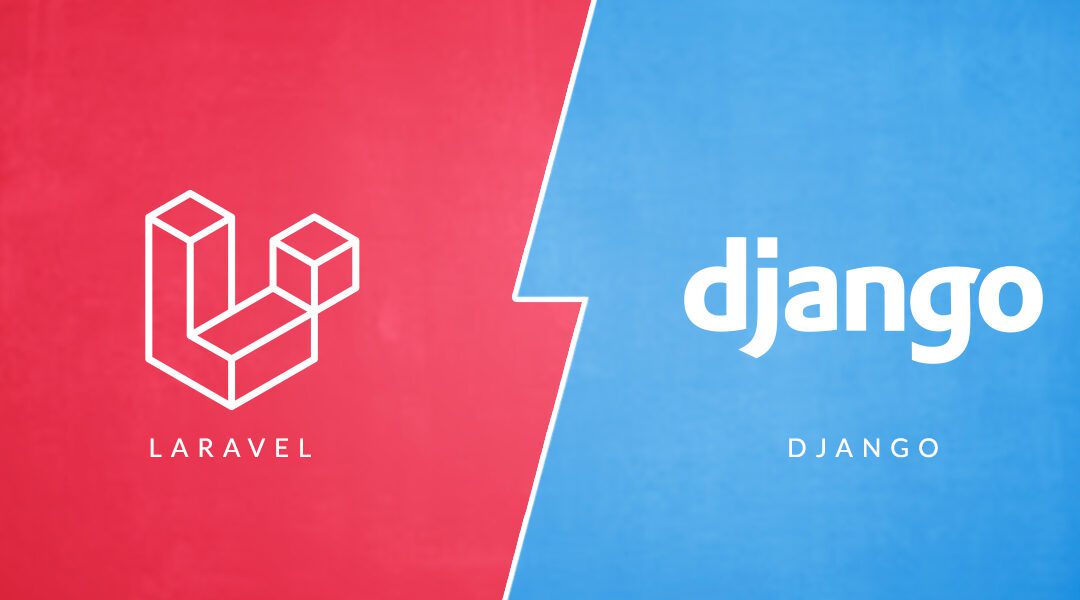When it comes to web development, choosing the right framework can make all the difference. Developers often compare the features, scalability, and ease of use of Django or Laravel to determine the best fit for their needs. Both have their own set of features, advantages, and drawbacks, and it can be challenging to decide which one is best suited for your project. In this blog post, we will compare Django and Laravel in terms of their features, scalability, and ease of use to help you make an informed decision.
Django: The Python Web Framework
Django, a high-level Python web framework, encourages rapid development and clean, pragmatic design. Some of its key features include:
- Built-in admin interface: Django comes with an admin interface that simplifies content management and administrative tasks.
- Reusable components: Django promotes the use of reusable components, making it easier to maintain and scale your application.
- ORM (Object-Relational Mapping): Django includes a robust ORM that provides an abstraction layer for dealing with databases.
- Large community and support: Django has a massive community that is always ready to help, making it easier to find solutions to common problems.
Laravel: The PHP Web Framework
Laravel, an elegant PHP web framework, aims to make web development more enjoyable and efficient. Some of its main features include:
- Eloquent ORM: Laravel’s Eloquent ORM allows you to work with databases more efficiently through an object-oriented approach.
- Blade templating engine: Laravel’s Blade templating engine makes it easy to create reusable layouts and components.
- Artisan command-line tool: Laravel includes the Artisan command-line tool, which simplifies many common development tasks.
- Strong ecosystem: Laravel boasts a rich ecosystem of packages and extensions, allowing you to add functionality to your application with ease.
Scalability and Performance
Both Django and Laravel offer excellent scalability, and you can easily scale your applications horizontally or vertically depending on your needs. When it comes to performance, Django tends to have a slight edge due to its use of Python, which often performs faster than PHP. However, Laravel’s performance has greatly improved in recent years, and the difference between the two is minimal.
Ease of Use and Learning Curve
Django is known for its “batteries-included” approach, meaning most of the features you need are available right out of the box. This can make Django easier to learn and use for beginners. On the other hand, Laravel has a more flexible approach, allowing you to pick and choose the features you need. This can make Laravel more appealing to experienced developers who prefer a customizable environment.
Conclusion:
Ultimately, the choice between Django and Laravel depends on your specific needs and preferences. If you are already familiar with Python or prefer a more structured, batteries-included approach, Django might be the better option for you. However, if you have experience with PHP or desire a more flexible and customizable framework, Laravel could be the ideal choice.
Regardless of which framework you choose, both Django and Laravel offer robust features and extensive community support, ensuring you’ll have the tools and resources you need to create amazing web applications.
Explore more about our
Staff Augmentation services

